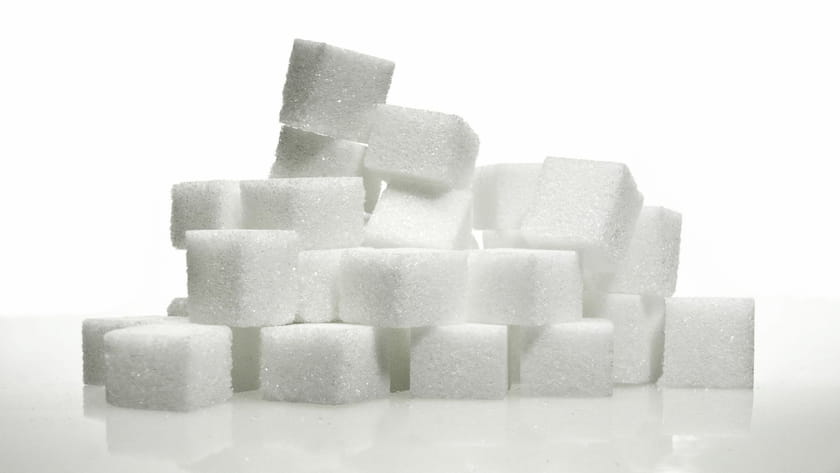Probably the first thing people ask when they start out on a fat loss program is should they go “no-carb.” In recent years, various “health experts” have suggested that sugar is “toxic,” and even “an addictive ‘drug.” They further claim that foods high in sugar content wreak havoc on the body’s hunger-regulating mechanisms.
What’s interesting to note is that sugar is an extremely vague term in and of itself; many forms of sugar exist and have different actions physiologically. For example, D-mannose is a sugar that has virtually no impact on blood sugar. Pure glucose, on the other hand, dramatically elevates blood sugar.
Before assuming that sugar is “toxic,” consider that fat loss is largely determined by calorie intake. Maintaining a balance of proteins, carbs, and fats is secondary to energy intake. This is to say that manipulating macronutrient proportions is the next level for propelling weight loss.
Moreover, it’s impractical to provide a one-size-fits-all diet for everyone. In this regard, you need to use trial and error and see what works for you.
An example would be to try a few weeks eating a diet of say 40% protein, 40% carbs, and 20% fats while keeping calories in a sufficient deficit to lose weight. If you find you’re not losing weight at the rate you would hope, then try backing off the carbs a bit and increasing fats and proteins. Experiment, try new things, and listen to your body.
Sugars Aren’t the Problem for Fat Loss: Overeating Is
Carbohydrates are undoubtedly the most vilified macronutrient. Given that metabolism and environmental factors make nutritional needs rather individual, it’s crucial to note that experimentation is key.
Carbs get a bad rap mainly because the typical Western diet is loaded with sugar-laden foods (and much of the Western population lives a very sedentary lifestyle). Essentially, they are continually ramping up their blood sugar levels and letting the excessive energy float around; thus, it gets stored and consequentially converted to body fat. In the long-term, this can become more problematic by manifesting into type-2 diabetes and insulin resistance.
Intuitively, people either drop their carb intake or completely avoid them when they want to lose fat. In reality, even for fat loss to be efficient, carbs don’t need to be avoided entirely but just moderated (like any other macronutrient). Sure, there is plenty of data showing that overweight individuals lack insulin sensitivity, in which case a high-carb diet would be imprudent. However, the key is to eat as many carbs as possible while still reaching the fat loss goals you’re after.
Balance Your Sugar Intake
The insulinogenic activity of simple sugars can be reduced when combined with other food sources. Therefore, you can safely consume small amounts of simple sugars so long as you’re also eating things that lower the glycemic load of a meal (such as dietary fiber and unsaturated fats). Don’t get ahead of yourself and thinks this means that things like soda and candy are good for fat loss; rather, this just makes it clear that some sugar is fine and won’t impede your fat loss efforts.
For most people, it’s impractical to avoid carbohydrates, especially in the long-term. By eating even a modest amount of carbohydrates when trying to lose fat, you’ll notice better energy levels and enhanced mood; not to mention you won’t feel so inhibited with your food selection. Most importantly, you’ll still lose ample amounts of fat (assuming your calorie intake is proper).



Leave a comment
All comments are moderated before being published.
This site is protected by hCaptcha and the hCaptcha Privacy Policy and Terms of Service apply.